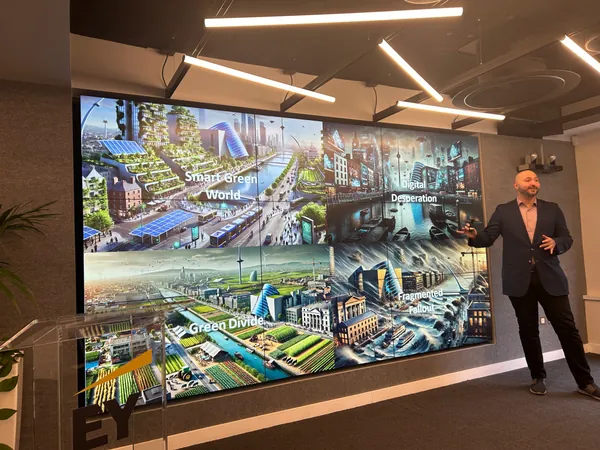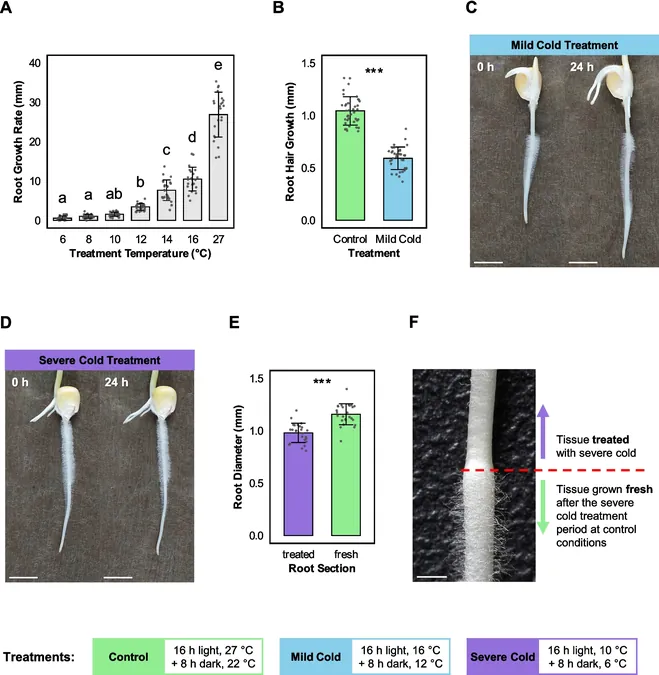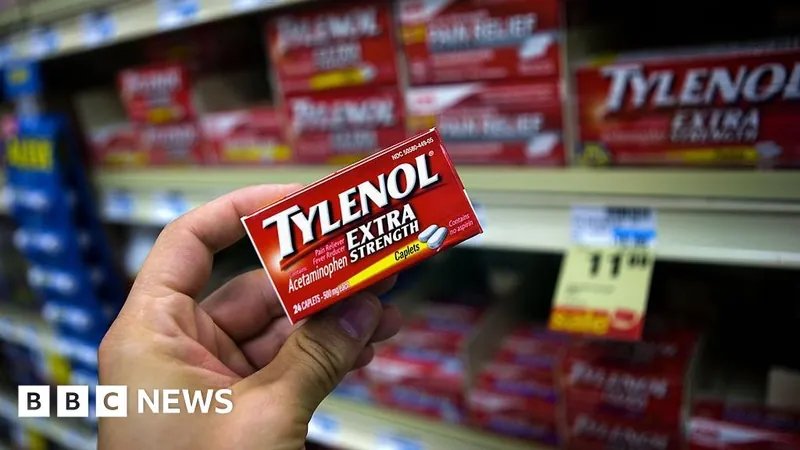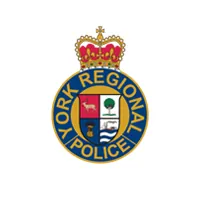
Future-Proofing Medical Education: Innovative Strategies Revealed
2025-09-23
Author: Charlotte
The Rising Need for Modern Medical Training
As healthcare evolves, the demand for professionals skilled in emerging technologies is skyrocketing. The current era requires more than just digital literacy; it's crucial for healthcare practitioners (HCPs) to adapt to the challenges posed by an aging global population and a significant rise in chronic illnesses like cancer and heart disease. This shift, termed an epidemiologic transition, highlights the need for comprehensive medical education that keeps pace with current realities.
Facing Global Challenges in Medicine
Today's medical schools are grappling with unprecedented challenges, influenced by global megatrends—transformative forces that are reshaping society and economies worldwide. Reports like the European Strategy and Policy Analysis System's (ESPAS) 'Global Trends to 2030' draw attention to demographic changes, technological advancements, and environmental issues that directly impact healthcare education.
Embracing Participatory Design for Lasting Impact
To tackle these evolving challenges, a participatory design approach is being utilized in medical education, particularly through scenario analysis. This user-centered method engages stakeholders—students, educators, and health professionals—in the design process, ensuring that emerging curriculums reflect the needs of future practitioners.
A Case Study at Trinity College Dublin
In October 2024, a scenario analysis workshop was organized at Trinity College Dublin's School of Medicine, focusing on the strategic future of medical education. Participants included senior staff, policymakers, and students, all engaged in exploring potential futures for healthcare training. The objective was to synthesize insights and develop strategies for adapting curriculums to better prepare students for tomorrow's challenges.
Key Drivers Shaping Medical Education's Future
Two primary drivers identified were Digital Connectivity and Climate Change. These factors are poised to transform how medical education is delivered and highlight the importance of integrating sustainability practices. The workshop fostered discussions around four potential scenarios—"Smart Green World," "Digital Desperation," "Fragmented Fallout," and "Green Divide"—each presenting diverse challenges and opportunities.
Harnessing the Power of AI in Scenario Planning
Innovative technologies played a pivotal role during the workshop, as tools like ChatGPT, Murf.AI, and MidJourney were utilized to create engaging narratives and visuals, enriching the participants' experience and ensuring dynamic participation. These AI-supported elements made abstract concepts more tangible, promoting deeper understanding and collaboration.
Building Competence for Tomorrow's Medicine
Across all scenarios explored, certain competencies emerged as crucial for the future health workforce. The workshop underscored the necessity for proactive strategies to integrate these competencies into medical training. This participatory engagement indicates that stakeholders are eager to contribute to the future of medical education, emphasizing the importance of a long-term vision.
Conclusions and Future Implications
This ambitious study not only sheds light on the global trends shaping healthcare but also demonstrates how participatory approaches can revolutionize curriculum design in medical education. As institutions like Trinity College Dublin navigate these complexities, the insights gleaned offer a valuable roadmap for redefining training programs, equipping future practitioners to thrive in an uncertain healthcare landscape.
Call to Action
As the health sector evolves, the question remains: how can educational systems develop the foresight needed to adapt in real time? Emphasizing a balance of technology and human-centric approaches will be critical in maintaining resilient medical education systems capable of tackling the challenges of the 21st century.









 Brasil (PT)
Brasil (PT)
 Canada (EN)
Canada (EN)
 Chile (ES)
Chile (ES)
 Česko (CS)
Česko (CS)
 대한민국 (KO)
대한민국 (KO)
 España (ES)
España (ES)
 France (FR)
France (FR)
 Hong Kong (EN)
Hong Kong (EN)
 Italia (IT)
Italia (IT)
 日本 (JA)
日本 (JA)
 Magyarország (HU)
Magyarország (HU)
 Norge (NO)
Norge (NO)
 Polska (PL)
Polska (PL)
 Schweiz (DE)
Schweiz (DE)
 Singapore (EN)
Singapore (EN)
 Sverige (SV)
Sverige (SV)
 Suomi (FI)
Suomi (FI)
 Türkiye (TR)
Türkiye (TR)
 الإمارات العربية المتحدة (AR)
الإمارات العربية المتحدة (AR)